Updated
12 min read
What Are Mobile App Development Services?

The mobile app development industry is comprised of many people in many different disciplines, including programming, marketing, business, finance, and more.
And App development requires a combination and balance of their expertise to create a successful end-to-end development cycle for any new mobile app.
This is why mobile app development goes all the way from concept to completion, including strategizing, marketing, cross-platform support, design, consulting, testing, maintenance, optimization, and more.
In this article, we’ll review the scope of disciplines necessary to create a mobile app and how your company can benefit from mobile services app development.
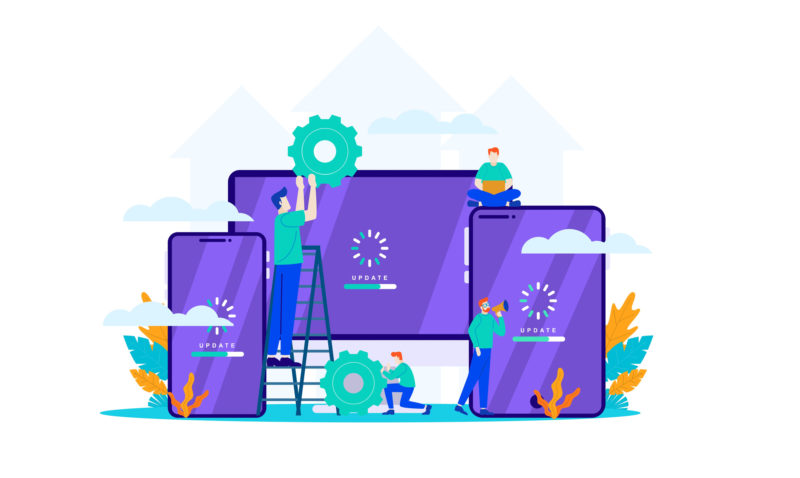
Table of Contents
- Define Mobile App Development Services
- Mobile App Development Trends
- Why Use Mobile App Services?
- Choosing the Right App Types and Tools
- Outsourcing vs. In-House Development
- The Process of Developing an App
- Types of Mobile Development Services
- App Branding
- Strategy
- UX/UI
- Development
- Marketing
- Optimizing Conversions
- Ecommerce and Design
- Maintenance
- Cost and Pricing Models
Chapter #1: Define Mobile App Development Services
Services in the mobile app development industry provide end-to-end organization, conceptualization, design, optimization, and maintenance of your mobile app project.
They’re equipped to take a simple idea and turn it into a functional product that could be your next big moneymaker.
Future trends point to an app development process that prioritizes customization.
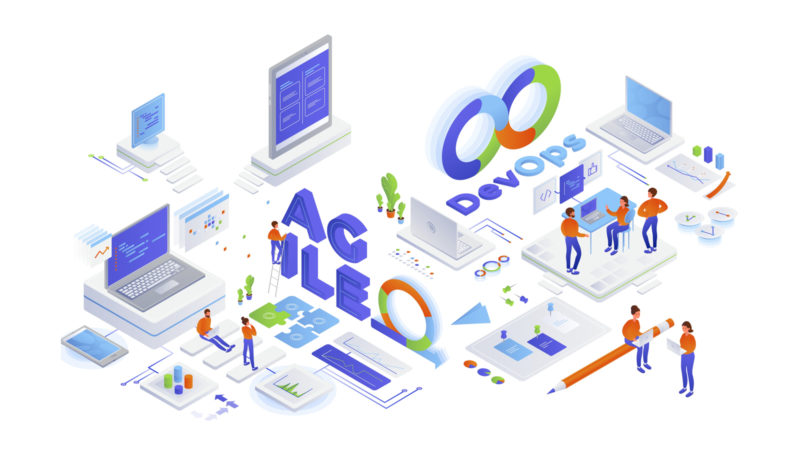
It’s no wonder that companies want to stand out – through Google Play alone, there are 2.56 million apps that businesses have to compete with.
Standing out with a unique, functional interface, specific marketing and branding strategies, and conversion optimized for the modern era have all become requirements for companies hoping to turn their mobile app into a success.
Chapter #2: Mobile App Development Trends
The sheer number of mobile apps is not the only trend that companies should be paying attention to.
Several changes in how apps are used, advertised, and searched for can impact your company’s app development process.
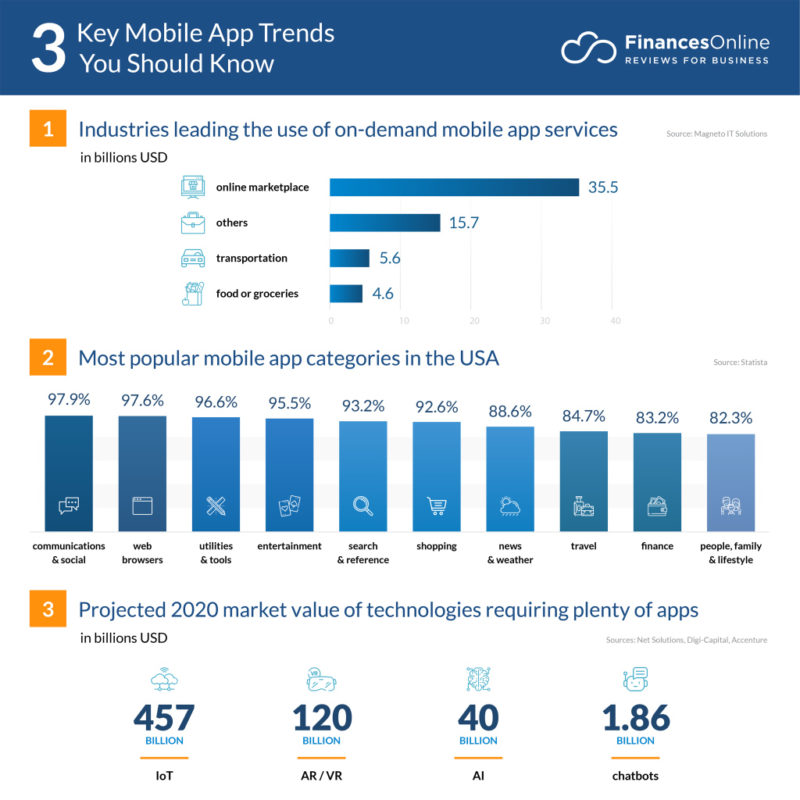
- The Internet of Things – The IoT describes a global shift in consumer technologies towards services that integrate with the internet. Today, people are locking their houses, changing their thermostats, and starting their cars with apps that connect to the internet, which changes how apps are developed and used.
- 5G – 5G connections have significantly improved performance and decreased latency for mobile services. They allow developers to add more features to their apps without decreasing their program’s performance.
- Devices – Trends in mobile devices affect the platforms your apps will be built for, including the rise of wearable smart devices like smart watches.
- Mobile eCommerce – Mobile eCommerce has only just started dominating industries. Today, 72.9% of eCommerce purchases are made from mobile devices, making eCommerce functionality and integration an essential aspect of planning and developing apps in relevant industries.
Chapter #3: Why Use Mobile App Services?
While many companies need outside services to even get started, some have in-house programming and marketing teams that they can put to work on a new mobile app. These companies may be wondering why they need mobile app services to begin with.
Here are some considerations to make when deciding whether you should add professional services to your business’s app development process.
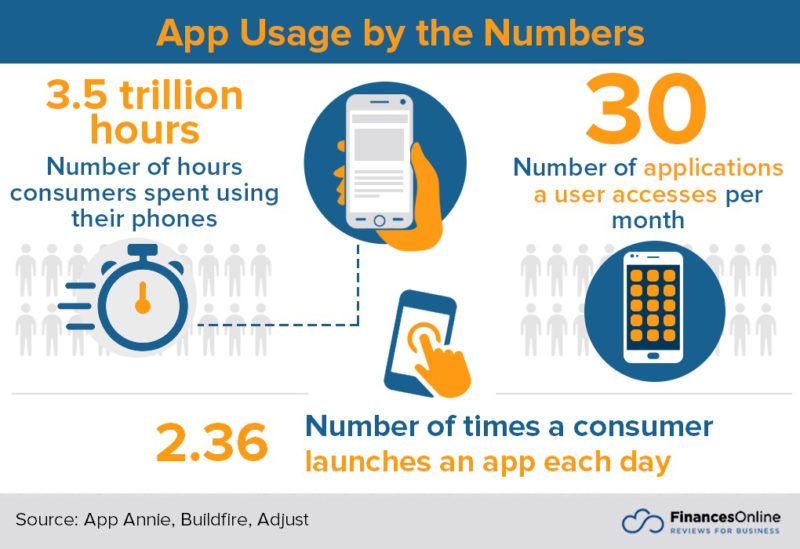
3.1 Choosing the Right App Types and Tools
Knowing what you want your app to accomplish or look like is often not enough when creating a new application from scratch.
Choosing the type of app, as well as its intended platform, heavily factors into its eventual usefulness.
Native apps, for example, are programmed using a language native to the intended platform, such as Android devices or an iOS mobile phone.
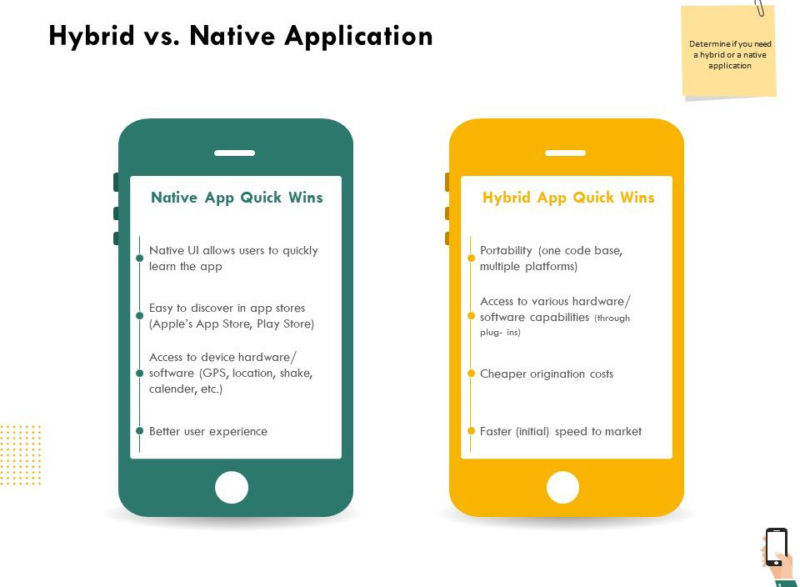
This comes with several benefits, including a more predictable interface and an experience easier to customize for the app’s intended devices.
Hybrid apps, however, are becoming increasingly popular due to their versatility. They’re built using a cross-platform infrastructure that allows them to utilize multiple operating systems.
This makes them more difficult to design and maintain consistently but also has the potential to reach users across platforms.
3.2 Outsourcing vs. In-House Development
Choosing between outsourcing and in-house development is a critical decision in the mobile app development journey.
Both options come with their own set of advantages and disadvantages, and the right choice largely depends on your specific needs, resources, and long-term plans.
Outsourcing to a specialized mobile app development service can give you access to a broad range of expertise that may not be readily available in-house.
This option can be faster and more cost-effective, especially for small businesses or startups that may not have the resources to maintain a full-time development team.
Just keep in mind that outsourcing can also bring challenges in communication, especially if you’re working with teams in different time zones.
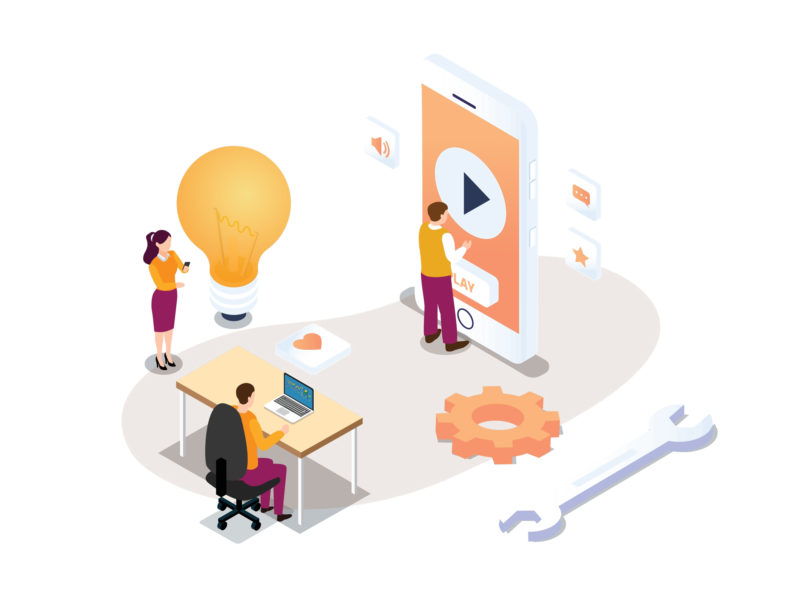
It also gives you less control over the development process, which could be a concern if the project requires strict compliance with industry regulations or if it involves sensitive data.
On the other hand, building an in-house team offers greater control over every aspect of the development process.
An internal team is generally more aligned with the company’s culture and objectives, making for smoother communication and quicker decision-making.
However, the costs can be significantly higher, not just in terms of salaries but also additional expenses like software licenses, hardware, and ongoing training.
The time to recruit and onboard a skilled development team can also extend the project’s timeline.
Chapter #4: The Process of Developing an App
Developing a new mobile app is a multi-tiered process that requires multiple steps, each of which can require different expertise in different industries.
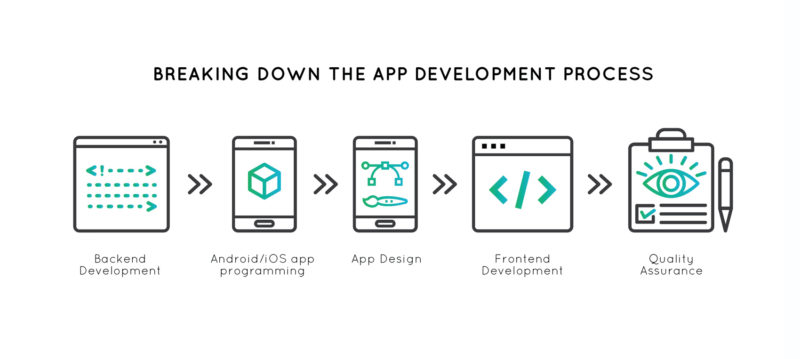
The mobile app development process can best be summarized as:
- Ideation – This is where you and your team theorize and research about how your app will be unique and how it will perform. This is where you come up with your target audience, main features, and primary functionality.
- Design – The user interface and user experience or UI/UX are important to design before the programming step. How users will navigate and interact with your app is just as important as the features it has.
- Development – App development is the step that requires coding. Designers choose the language and platform to develop the app and begin writing the program.
- Testing – Testing, both for coding and for performance, is a crucial step in the app development cycle. Any flaws that affect the quality of your app’s functionality should be addressed here.
- Releasing – If you’re satisfied with the test results, you can then start the process of launching your app on the platforms for which it was designed.
- Marketing – Marketing your app is an essential step to ensure its performance on your chosen platform. This step includes conversion optimization as well as branding.
- Maintaining – Your mobile app’s performance is not set in stone since platforms, stores, and programs change over time. A proper maintenance procedure to continuously test and debug your mobile app is essential to maintaining its functionality.
PRO TIP:
App stores like Apple and Google Play utilize algorithms that prioritize functional and updated apps in their search results.
This means that a proper maintenance and testing schedule not only keeps your users happy but quantifiably improves your app’s performance on the app stores as well.
Chapter #5: Types of Mobile Development Services
We detailed each step of the app development process to show that it’s not all about “programming” or “sales.”
App development requires multiple complex steps, which a comprehensive service is equipped to handle at each important decision.
To help your company navigate the entire app development process, hire an app developer or agency that offers services that cover all aspects, from strategizing to branding to marketing to maintenance.
5.1 Strategizing
In the strategizing stage, you’ll consider what your app hopes to accomplish. The goals of an eCommerce store application will be different than those of a fitness tracker.
The strategy must include the need, problem, or function that your app will be designed to fulfill. This also includes deciding on the app’s major audience.
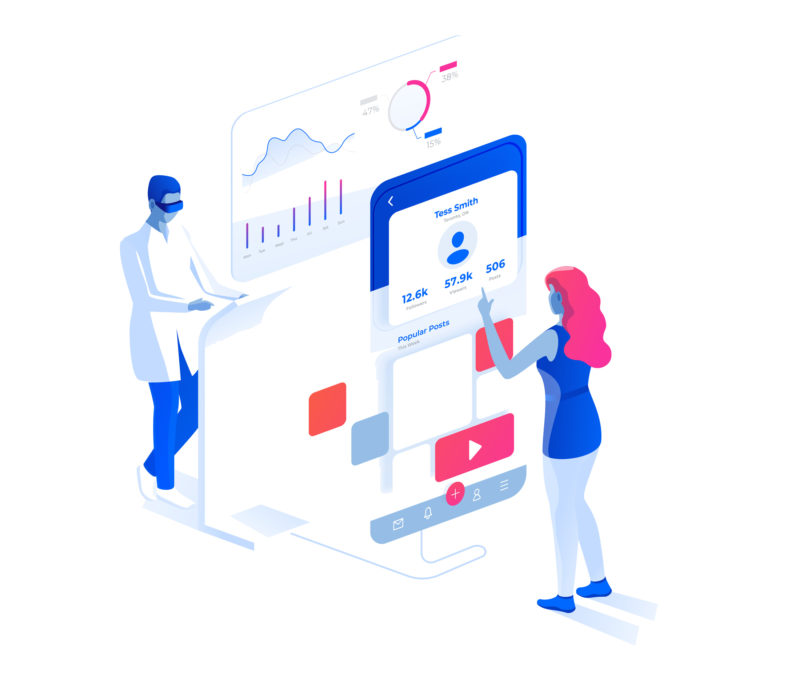
PRO TIP:
Strategizing is important even for companies that already have goals in mind for their apps. This stage involves asking not only if an app will be functional but if it will be viable and should be changed or scrapped before wasting valuable resources.
5.2 App Branding
Branding is a combination of knowing the audience for your products and how their needs relate to how they will use your app.
This aspect of mobile app development is more complex than simply offering a product for an intended user base.
It also involves testing an app’s design and navigation for the intended user by asking what their lifestyle, habits, and level of technology expertise can be expected to be.
Mobile app services that focus on the user experience are essential to the early stages of app development.
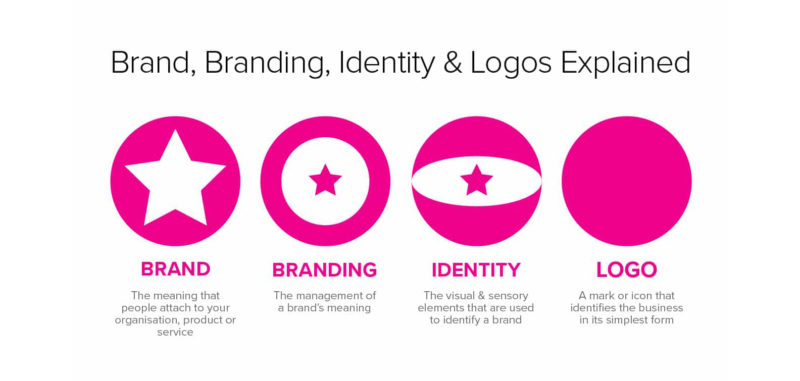
5.3 UX/UI
An app’s UX/UI, or its user experience and user interface, includes both the app’s front-end navigation and its backend utilities.
Both require the proper infrastructure to maximize the effects of UX/UI on your users’ enjoyment of your app.
This includes planning for the intended hardware, operating system, and software kit that your team will use to develop the app, as well as designing the architecture for the app’s servers and interfaces.
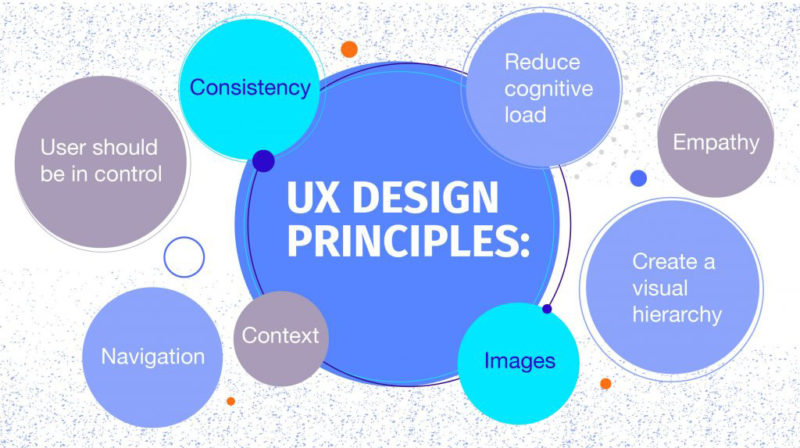
Photo Credit: pixetic.com
5.4 Development
A mobile app development service is most well-known for the development stage, which includes cross-platform support, cost management, and scheduling.
App development changes depending on the type of app your company is creating, such as an eCommerce application vs a service. Compatibility, network, and privacy testing function differently depending on the app’s type.
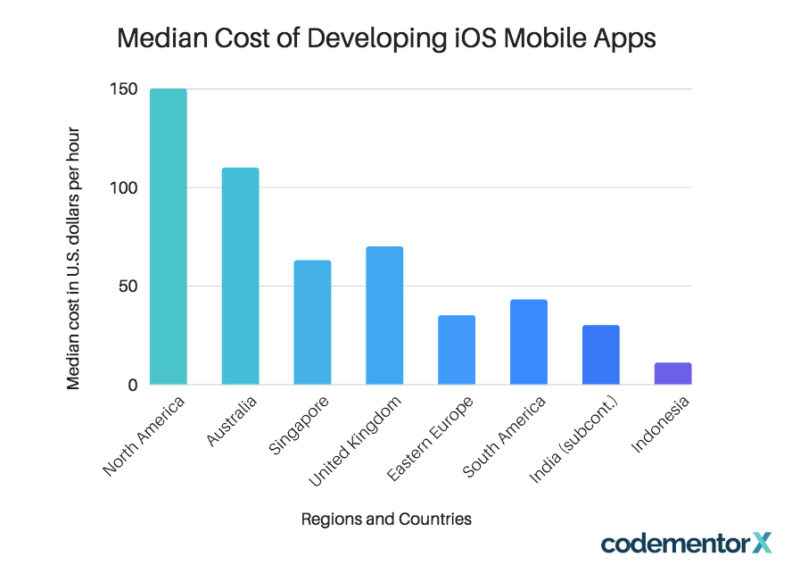
PRO TIP:
App development should include testing multiple environments for each conceivable place that your app might be used, from web browsers to different hardware to different operating systems.
5.5 Marketing
Marketing in mobile app development involves how your app is presented on the app store, how you spread the word through social media, and how you present your brand in the app itself.
Significantly, app development services often offer optimization strategies for app stores, which help your app get noticed by the store’s algorithms. This directly impacts sales.
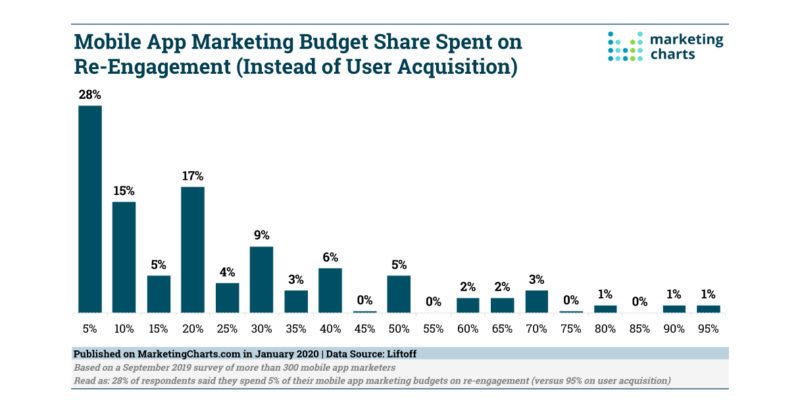
Marketing includes not only the app’s presence on social media but its appearance, description, photos, and listing on the app store as well. Knowing how app stores sort and deliver results to users greatly helps in designing an app to perform well on the store.
5.6 Optimizing Conversions
Turning visitors into paying customers is an essential aspect of mobile app development. Optimizing conversion describes the process of making your app a better converter, including both app design and marketing.
This naturally increases your app’s ROI using modern features and conversion tools that mobile app developers are experienced with integrating into the apps they create.
This allows your business to turn more leads into customers, with designs customized to fit your demographic’s needs.
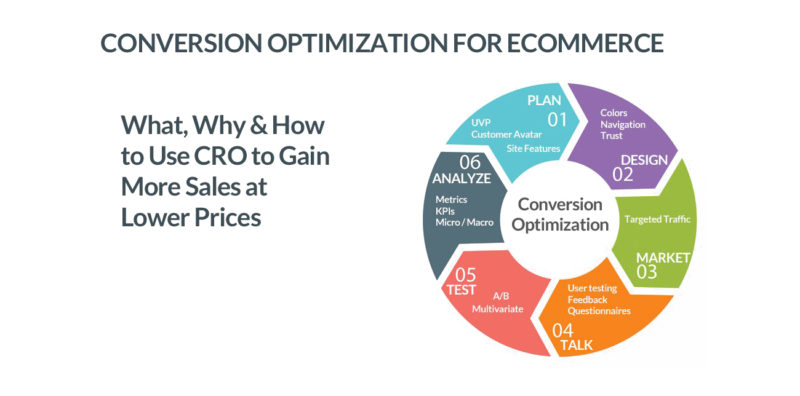
5.7 Ecommerce Designs
A mobile app with an eCommerce component that likely ties into a business’s website needs to be optimized not only for conversions but for eCommerce design.
This means tailoring the necessary functions and features to maximize your app’s profitability and usability.
For example, shopping apps need safety protocols, shopping carts, specific menu navigation structures, and more to maximize their potential.
An engaging eCommerce experience requires user-centric designs tailored to your app’s unique needs, which a mobile app developer is experienced at creating.
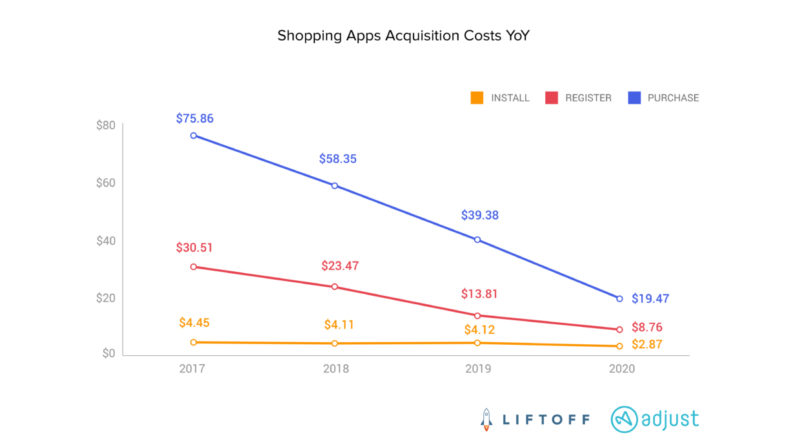
5.8 Maintenance
The job is not done when a mobile app is finished and launched.
Consistently maintaining a mobile app with updates and additional testing is required for businesses to keep their apps functional and relevant.
Not only does doing so improve the user experience but app stores give priority to well-maintained apps.
A mobile app developer should have services available to maintain and test the apps they help you build.
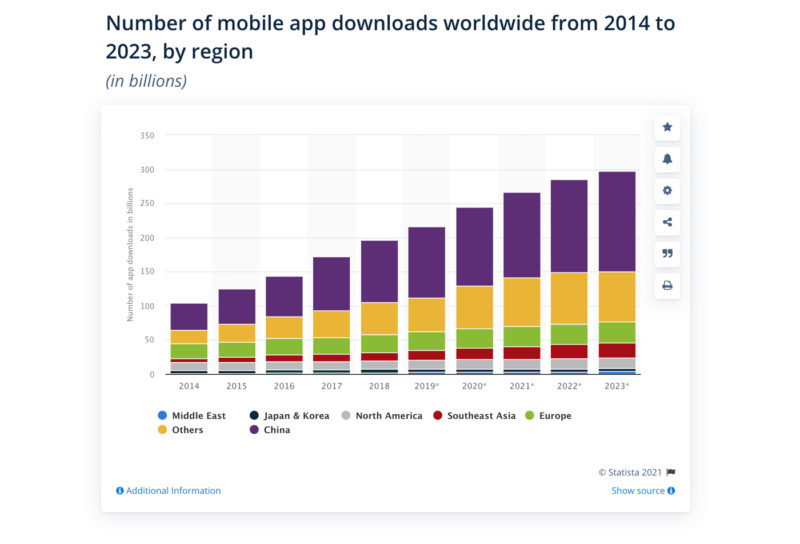
5.9 Cost and Pricing Models
When it comes to the financial aspects of mobile app development, costs can be quite variable.
Factors like project scope, complexity, and whether you opt for in-house or outsourced services all play a role in determining the final bill.
Typically, you might encounter various pricing models, like a fixed price for well-defined projects, hourly rates for more flexible or evolving tasks, or even a retainer for long-term commitments.
Startups might also explore equity share agreements as an alternative payment method.
Being aware of these different pricing options is essential for effective budget planning and setting realistic financial expectations for your mobile app plans.
Final Thoughts
Mobile app development is a complex process that involves more than just programming. It also entails marketing, strategizing, brand management, testing, and even maintenance.
Our Simple Starter package can help you on your path to successfully managing your app from concept to completion and can give your businesses a competitive edge in the modern app industry.
Which mobile app development service has been the most challenging for you?




Your inbox wants some love.
Stay informed with Webiotic latest










0 Comments